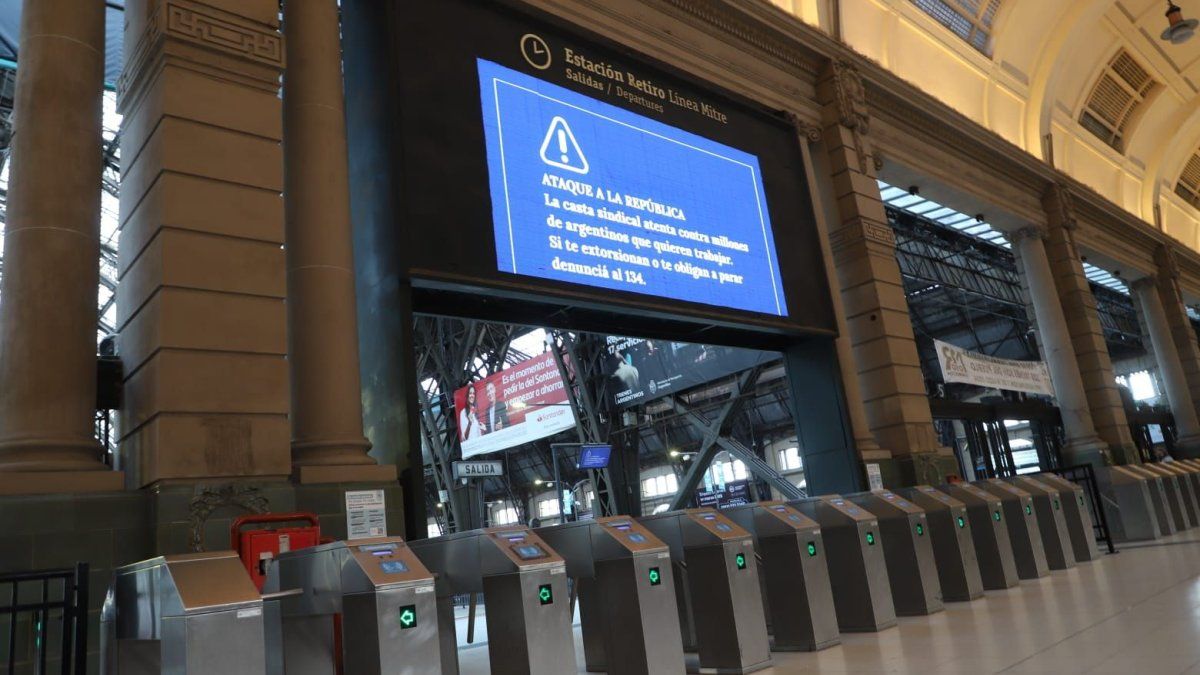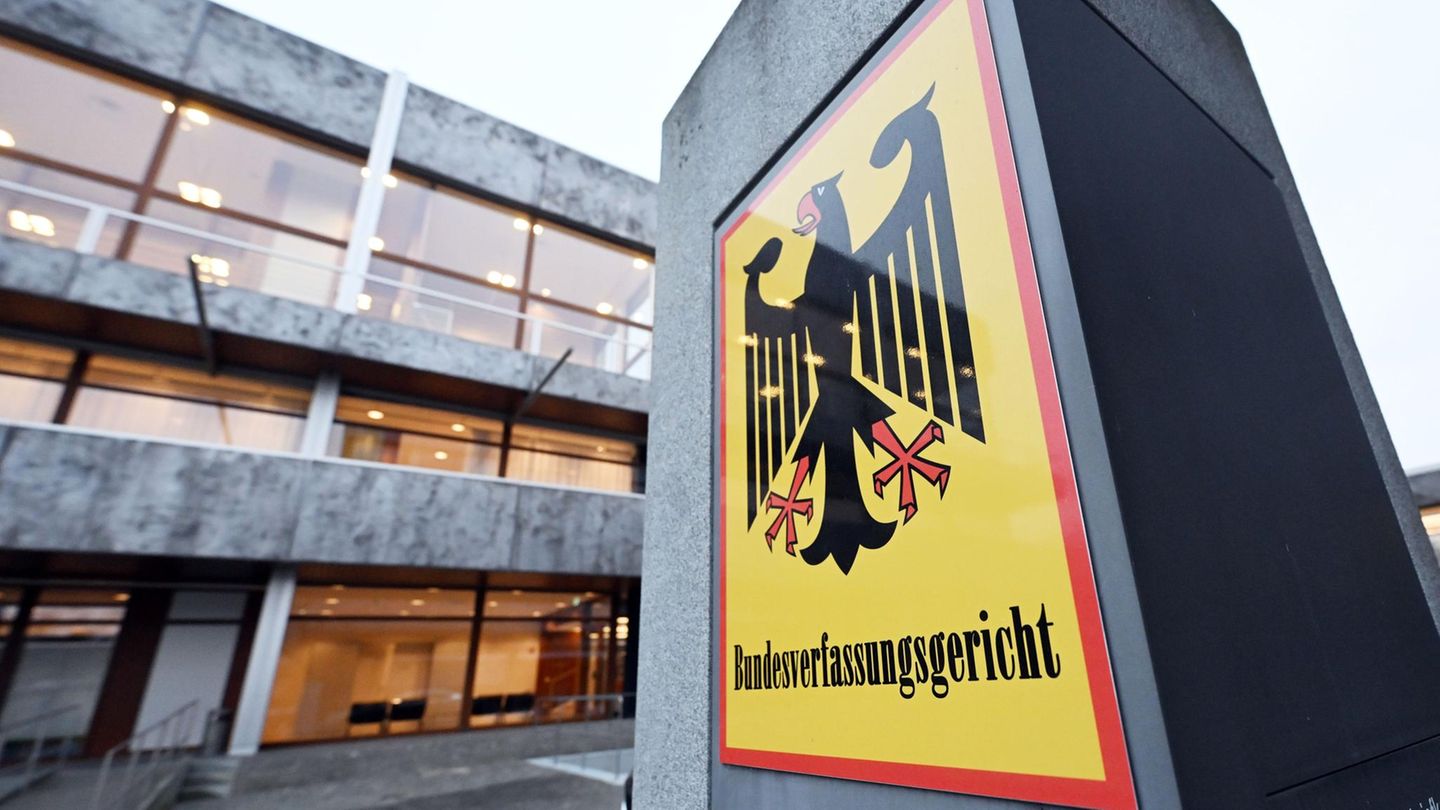President Javier Milei put the Argentine political and labor agenda with a controversial decree, whose transcendence and consequences are yet to be defined. The norm significantly expands the list of sectors classified as essential or transcendental, including public transport, education, health, energy supply, media and the banking sector. This classification forces the unions involved to guarantee, during strikes, the provision of between 50% and 75% of the usual service.
The measure, clearly aimed at ensuring the continuity of critical services for the daily life of millions of citizens, aims to be a forceful response to a context of constant labor conflicts, especially marked in strategic sectors such as public transport, where recent strikes generated great disorders and loss of productivity.
However, and here lies the key to the conflict, the practical application of this decree raises important questions about its constitutionality and proportionality. The right to strike is a fundamental right recognized internationally, reflected in our National Constitution and protected by numerous international treaties ratified by Argentina. Its regulation cannot be arbitrary or excessive, since it must maintain a balance between guaranteeing general well -being and protecting legitimate individual and collective rights.
In constitutional terms, limiting the right to strike is not a novelty or necessarily unconstitutional, provided that certain conditions are met: reasonability, proportionality and exceptionality. The problem is that, by expanding both the activities considered essential, Decree 340 runs the risk of transgressing the border between what is necessary for the social order and what constitutes a disproportionate restriction of labor rights.
The General Confederation of Labor (CGT) and other union organizations quickly rejected the decree, announcing legal actions and anticipating a scenario of greater social confrontation. From the union perspective, the measure is perceived as a direct attack on workers’ negotiating power, considerably weakening their protest capacity.
Here, the Government’s challenge lies in properly justifying why each of these sectors is essential and to what extent an interruption of the service would generate significant damage to society. The vagueness or lack of precision in these definitions could lead to the State to face judicial claims and, potentially, important legal setbacks, further undermining the credibility and legitimacy of the initiative.
Another practical risk is social and political polarization that will inevitably accompany this measure. In a country already marked by deep political and social divisions, any decision that limits fundamental rights tends to deepen injuries rather than closing them. The Government must be extremely careful when handling this situation, looking for spaces for dialogue and consensus that reduce tensions and allow effective and fair implementation.
It is important to highlight, however, that the underlying intention of the decree could have legitimate foundations: avoiding social chaos generated by prolonged strikes in critical services that negatively impact on the daily life and the country’s economy. No one can deny the negative impact caused by certain endless labor conflicts in strategic sectors, paralyzing cities, directly affecting the life of common citizens and generating millionaire losses in productivity.
On the other hand, we must not forget that a clear and precise regulatory framework also offers advantages to the workers themselves, since it gives them a safe reference on the legitimate limits and possibilities of the exercise of the right to strike. In other words, a well -designed system can protect both citizens and workers themselves, giving legal certainty and avoiding unnecessary conflicts.
In short, Decree 340/2025 is a currency with two clearly marked faces. On the one hand, its intention to order the provision of vital services is understandable and even necessary in certain contexts. On the other, the way in which it has been raised so far generates legitimate doubts about its constitutional reasonableness and its real ability to solve the problems it intends to address.
The true success or failure of the decree will therefore depend on how it is implemented in practice, how each essential sector is legally defined, and above all, how the inevitable social controversy that will generate is politically managed.
Historical experience clearly demonstrates that labor conflicts are not only resolved with decrees or restrictions. They are resolved with genuine dialogue, effective negotiation, mutual respect and balance between fundamental rights and collective interests.
Argentina needs today, more than ever, serenity and responsibility on the part of all parties involved. This decree is an urgent call for the need to build a clear legal and social framework that balances public order, labor rights and social welfare. In the hands of the government, unions and justice are to achieve this delicate balance or, on the contrary, generate greater conflict.
In summary, Decree 340/2025 of Milei must be understood not as a definitive solution, but as a starting point for a deep discussion about the future of work, the limits of the State and collective well -being in Argentina.
Labor lawyer
Source: Ambito
David William is a talented author who has made a name for himself in the world of writing. He is a professional author who writes on a wide range of topics, from general interest to opinion news. David is currently working as a writer at 24 hours worlds where he brings his unique perspective and in-depth research to his articles, making them both informative and engaging.




